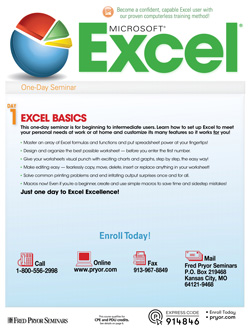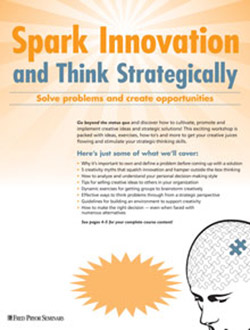Five Principles of Goal Setting Theory
Most westerners believe you can achieve more by setting goals. But why is this such an accepted practice?
Psychologist Edwin A. Locke and his colleague, Dr. Gary Latham, are credited with popularizing the modern concept of strategic goal making. Their work, research that spanned 25 years, confirmed the ancient notion that people are more successful when they set goals. They also identified the methods of goal making that are the most effective.
Lock & Latham’s Goal Setting Theory in Five Principles
Locke & Latham’s 1990 culminating publication “A Theory of Goal Setting and Task Performance” reaffirms their premise and defines five principles for successful goal setting.[1]
- Clarity
This is where SMART goals draw most from is the concept of setting clear, “specific” goals for best results. Those who set a goal of “make more sales” are less successful than those whose goal is “make 5% more sales than last year.” A clear goal is easier to measure and easier to appreciate when you reach that goal. This makes the entire process more inspiring.
- Challenge
Goal setting theory indicates that people are more successful when they set challenging goals. Any initiative requires effort and discipline. When you set the goal too low, you’re less likely to feel like the payoff is worth that effort, undermining motivation. By contrast, setting a challenging goal balances effort with reward and generates motivation. Just be careful not to confuse “challenging” with “unrealistic.”
- Commitment
This principle particularly applies in organizational settings where the goals in question are achieved by a group. Personal ownership is critical for success. Managers must deliver proper preparation and gain “buy-in” from each member of the team before the task is accepted or “owned” by the group. Team members who do not feel an internal ownership may not work with the diligence required, even with external motivation (or threats).
- Feedback
Feedback or asking questions allows for clarification and course correction. This is particularly important if the first principle has clearly defined. A goal might be either too difficult or too easy. A team leader may discover that there are members who have not bought in as needed and will need to do the work to build ownership. If all is going well, the only feedback required might be to measure progress and confirm that the goal is on task to be met.
- Task Complexity
This principle takes into account the observation that some goals require more complexity to achieve. “Working out 3 times a week” is a goal that requires only identifying a preferred place or form of exercise. “Making 5% more sales” may involve many more tasks to reach – marketing plans and collateral, incentive plans for salespeople, research, lead nurturing, etc.
Locke’s theory indicates that people are least effective at achieving their goal when they are inexperienced at performing a required complex task and feel pressured to perform well immediately. If you are undertaking a complex task, build in and allow time for training. Identify and set learning goals instead of focusing on performance metrics. Identify areas where you need additional training.[2] As managers, take complexity into account and generate goals and timeframes accordingly.
Summary
Many self-help books, business coaches and management resources claim that their methods generate “amazing” results and many do. If you want to “stick with the basics” however, Locke and Latham’s Goal Setting Theory is backed by decades of research that emphasizes and acknowledges human behavior over the latest trend in goal setting.
Read Edwin A. Locke’s Motivation Through Conscious Goal Setting Here
[1] http://smallbusiness.chron.com/theory-goal-setting-locke-latham-1879.html
[2] http://www.georgeambler.com/5-proven-principles-of-effective-goal-setting/











